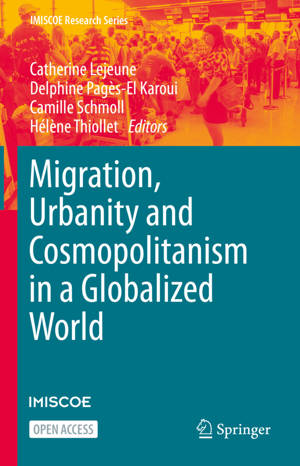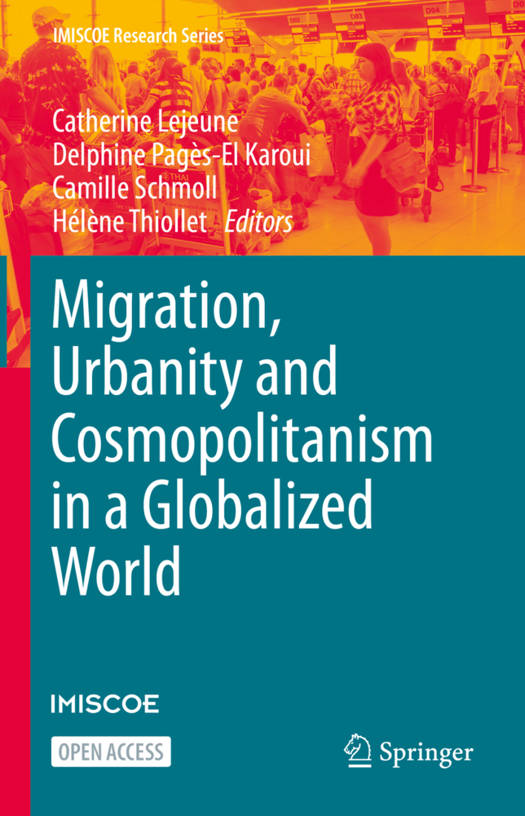
- Afhalen na 1 uur in een winkel met voorraad
- Gratis thuislevering in België vanaf € 30
- Ruim aanbod met 7 miljoen producten
- Afhalen na 1 uur in een winkel met voorraad
- Gratis thuislevering in België vanaf € 30
- Ruim aanbod met 7 miljoen producten
Zoeken
Migration, Urbanity and Cosmopolitanism in a Globalized World
€ 52,95
+ 105 punten
Omschrijving
This open access book draws a theoretically productive triangle between urban studies, theories of cosmopolitanism, and migration studies in a global context. It provides a unique, encompassing and situated view on the various relations between cosmopolitanism and urbanity in the contemporary world. Drawing on a variety of cities in Latin America, Europe, Asia, Africa and North America, it overcomes the Eurocentric bias that has marked debate on cosmopolitanism from its inception. The contributions highlight the crucial role of migrants as actors of urban change and targets of urban policies, thus reconciling empirical and normative approaches to cosmopolitanism. By addressing issues such as cosmopolitanism and urban geographies of power, locations and temporalities of subaltern cosmopolites, political meanings and effects of cosmopolitan practices and discourses in urban contexts, it revisits contemporary debates on superdiversity, urban stratification and local incorporation, and assess the role of migration and mobility in globalization and social change.
Specificaties
Betrokkenen
- Uitgeverij:
Inhoud
- Aantal bladzijden:
- 184
- Taal:
- Engels
- Reeks:
Eigenschappen
- Productcode (EAN):
- 9783030673642
- Verschijningsdatum:
- 11/05/2021
- Uitvoering:
- Hardcover
- Formaat:
- Genaaid
- Afmetingen:
- 156 mm x 234 mm
- Gewicht:
- 453 g

Alleen bij Standaard Boekhandel
+ 105 punten op je klantenkaart van Standaard Boekhandel
Beoordelingen
We publiceren alleen reviews die voldoen aan de voorwaarden voor reviews. Bekijk onze voorwaarden voor reviews.










